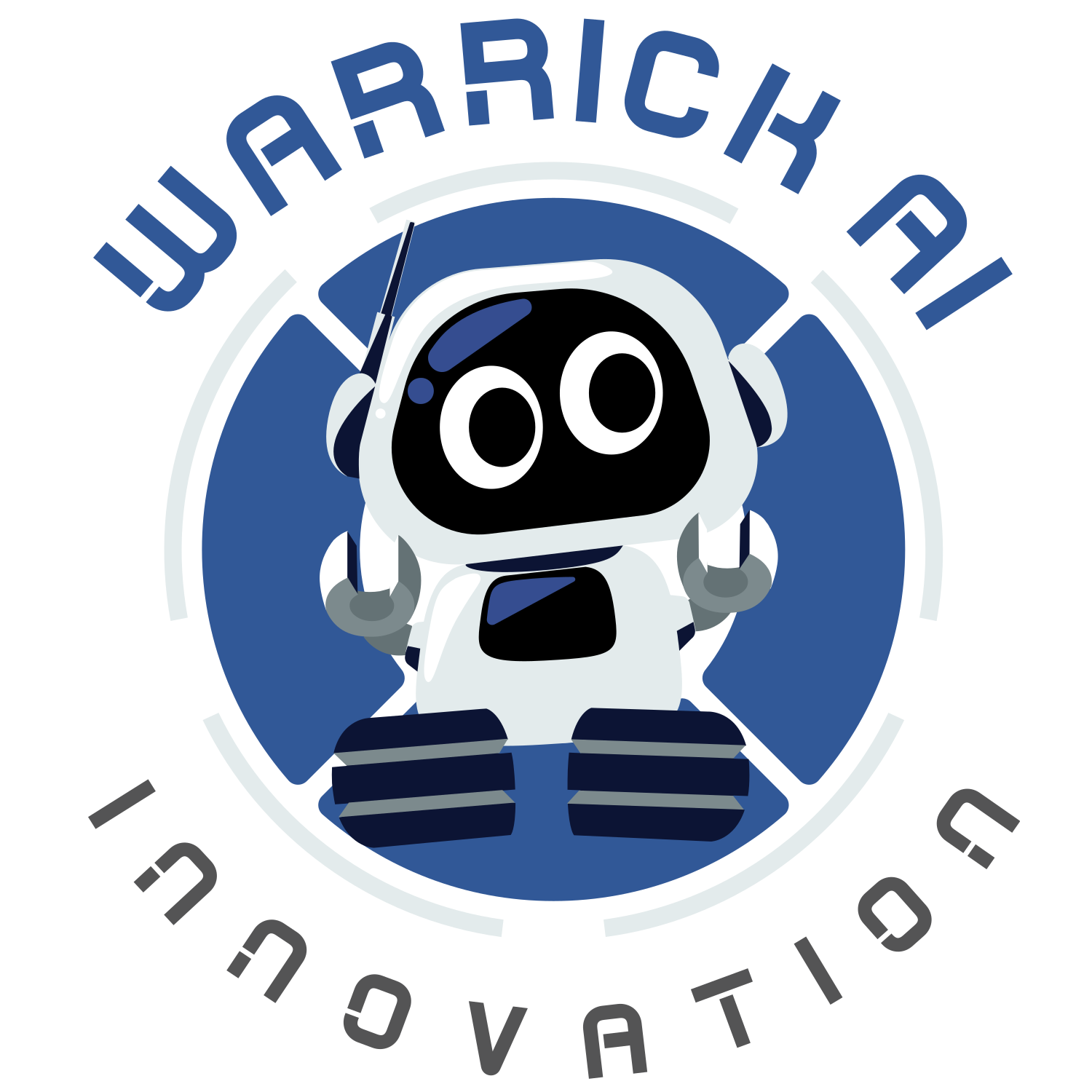The rapid advancement of artificial intelligence has fundamentally altered the business landscape, creating both unprecedented opportunities and complex challenges for organizations across industries. As companies grapple with how to integrate AI technologies effectively, strategic advisory services have emerged as a critical resource for navigating this transformative period.
The AI Strategy Imperative
Today’s business leaders face a fundamental question: not whether to adopt AI, but how to do so strategically. The technology’s potential spans from automating routine tasks to enabling entirely new business models, yet successful implementation requires careful planning and execution. Organizations that approach AI adoption haphazardly often encounter costly missteps, while those with well-crafted strategies position themselves for sustainable competitive advantage.
Strategic advisory services provide the bridge between AI’s technical possibilities and business realities. These services help organizations develop comprehensive AI strategies that align with their specific goals, capabilities, and market positions.
Core Components of AI Strategic Advisory
Vision and Strategy Development Strategic advisors begin by helping organizations define their AI vision and develop roadmaps for implementation. This involves assessing current capabilities, identifying high-impact use cases, and creating phased implementation plans that balance ambition with practical constraints.
Technology Assessment and Selection With countless AI solutions available, choosing the right technologies can be overwhelming. Advisory services provide expert evaluation of different platforms, tools, and vendors, ensuring selections align with both immediate needs and long-term strategic objectives.
Risk Management and Governance AI implementation introduces unique risks around data privacy, algorithmic bias, regulatory compliance, and operational dependencies. Strategic advisors help establish governance frameworks that mitigate these risks while enabling innovation.
Change Management and Workforce Transformation Perhaps the most critical aspect of AI adoption is managing its human impact. Strategic advisors guide organizations through workforce transitions, helping identify roles that will evolve, skills that need development, and cultural changes required for successful AI integration.
Industry-Specific Applications
Different sectors face distinct AI challenges and opportunities. In healthcare, strategic advisory focuses on regulatory compliance and patient safety while leveraging AI for diagnosis and treatment optimization. Financial services advisory emphasizes fraud detection and algorithmic trading while addressing regulatory scrutiny. Manufacturing advisory centers on predictive maintenance and quality control while managing workforce displacement concerns.
Retail and e-commerce advisory services help companies implement AI for personalization and inventory optimization while maintaining customer trust. Each industry requires specialized knowledge and tailored approaches that generic consulting cannot provide.
The Value of External Expertise
Organizations often lack the internal expertise to navigate AI’s complexities effectively. Strategic advisory services bring deep technical knowledge combined with broad industry experience, enabling more informed decision-making. External advisors also provide objective perspectives, helping organizations avoid common pitfalls and identify opportunities they might otherwise miss.
These services prove particularly valuable for mid-market companies that lack the resources to build extensive internal AI teams but need sophisticated guidance to compete effectively against larger, more technologically advanced competitors.
Measuring Success and ROI
Effective AI strategic advisory extends beyond initial implementation to include ongoing performance measurement and optimization. Advisory services help organizations establish relevant metrics, benchmark progress, and adjust strategies based on results and changing market conditions.
This includes developing frameworks for measuring both quantitative returns, such as cost savings and revenue increases, and qualitative benefits like improved customer satisfaction and employee engagement.
Future Considerations
As AI technology continues evolving rapidly, strategic advisory services must remain agile and forward-looking. This means helping organizations prepare for emerging technologies like generative AI, quantum computing, and advanced robotics while building flexible foundations that can adapt to future innovations.
The most effective advisory relationships become ongoing partnerships that evolve with both technology and business needs, providing continuous guidance through an extended transformation journey rather than one-time project-based consulting.
Conclusion
Strategic advisory services have become indispensable for organizations seeking to harness AI’s transformative potential while managing its inherent complexities. By providing expert guidance on strategy development, technology selection, risk management, and change management, these services enable organizations to approach AI adoption with confidence and clarity.
As AI becomes increasingly central to competitive advantage across industries, the organizations that succeed will be those that combine ambitious vision with strategic discipline – exactly what quality advisory services help deliver. The question is no longer whether to engage strategic advisory support for AI initiatives, but how to select the right partners for this critical transformation journey.
- Model Monitoring and Maintenance: Essential Practices for Reliable AI Systems
- Performance Optimization in AI: Maximizing Efficiency and Speed
- Strategic Advisory Services in the Age of AI: Navigating Transformation Through Expert Guidance
- System Updates and Enhancements: The Continuous Evolution of AI
- Technical Support and Troubleshooting in the AI Era: Navigating a New Landscape
